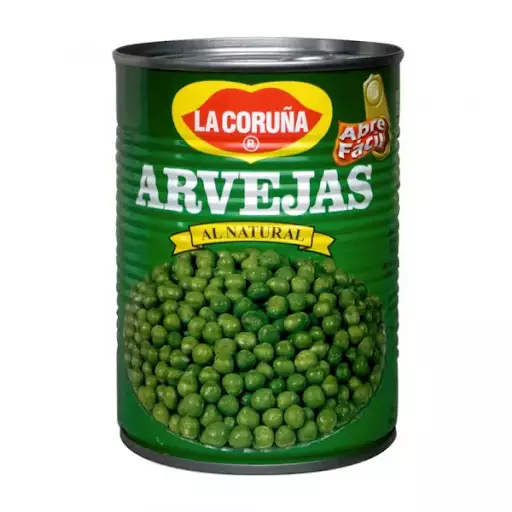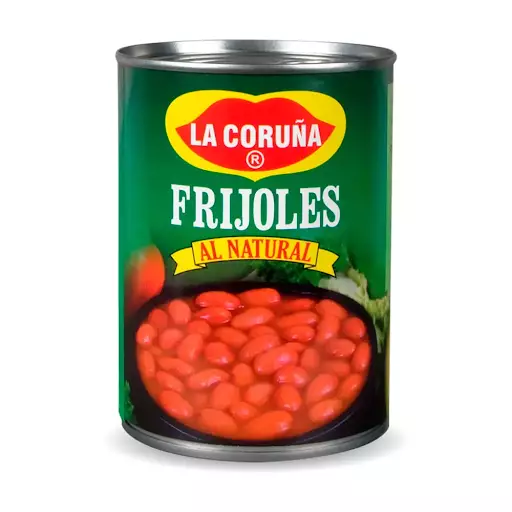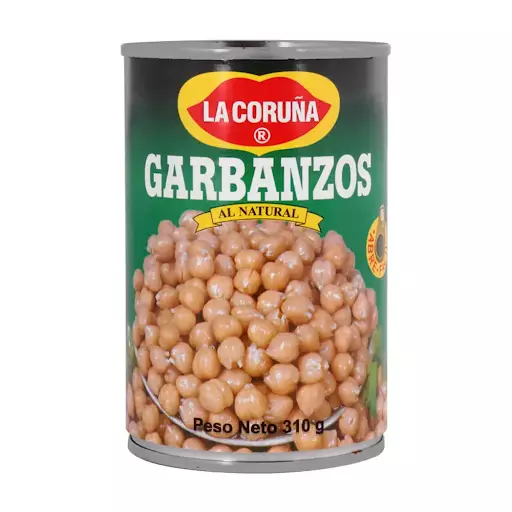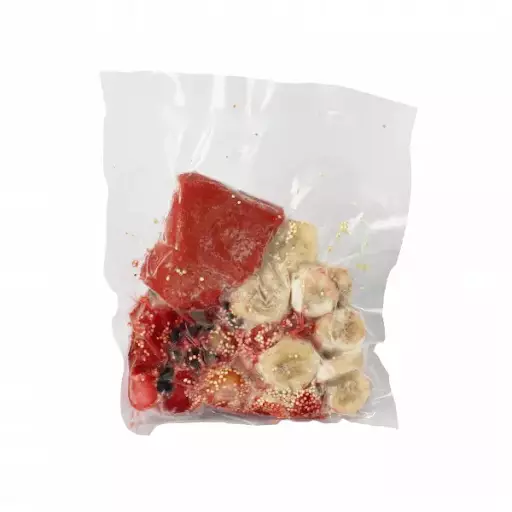In this blog we will tell you about retail trade, where brand labels have taken a leading role. But what do they really mean? To define things from the beginning, brand labels are not just pretty stickers on products, but a statement of identity and quality. In this article, we'll show you behind the brand labels and explore private label products.
Index
2. 9 Key Private Label Features
4. Private Label vs. Private Label: Important Differences
5. Who Chooses Private Labeling?
6. Brand Labels - Beyond the Superficial
7. How to Find Private Label Product Manufacturers
8. Conclusion: Beyond Labels, with Many Opportunities
Private label refers to a business strategy in which retailers or entrepreneurs choose to launch products under their own brand, rather than relying on already established third-party brands. In this model, private label products are designed and manufactured by an external producer, following the specifications of the businessman who requests them.
This approach allows retailers to have control over the quality, design and presentation of the products, customizing them to the needs and preferences of their audience.
Once produced, retailers take responsibility for marketing and selling these unique products under their own brand identity, giving them the opportunity to stand out in the marketplace and build a more direct relationship with their customers.
This model offers consumers unique and differentiated products, while providing retailers with greater flexibility and profit margins.
This business strategy has gained popularity due to its ability to offer exclusive and differentiated products. Here are 9 key features:
1. Improved Profit Margin: Private label products typically provide higher profit margins as the retailer exerts greater control over costs: they can set higher prices for their exclusive private label products or leverage their pre-existing brand leverage to reduce marketing expenses associated with private label product lines.
2. Exclusivity: Private label offers retailers the opportunity to stand out in the marketplace by offering exclusive products that are not available under other brands.
3. Brand Control: Retailers have total control over the brand, from packaging design to product quality. This allows them to create a unique brand identity.
4. Flexibility in Customization: Private label products can be customized to the retailer's specifications, making it easy to adapt to consumer preferences and market trends.
5. Initial Brand Building: Building a strong private label brand can take considerable time and resources.
6. Quality Perception: Although many private label products offer comparable quality, some consumers may perceive them as inferior to established brands.
7. Adapting to Market Trends: By having direct control over personalization, retailers can quickly adapt to changing market trends while maintaining relevance.
8. Initial Investment: Developing a private label product line can require significant upfront investment in research, development and marketing.
9. Joint Innovation: Collaboration between retailers and manufacturers drives product innovation. From unique ingredients to advanced technologies, this partnership fosters joint development.
Private labeling allows retailers to have a direct influence on the quality of their products. By partnering with trusted manufacturers, they can specify quality standards and ensure they are met consistently. This not only ensures customer satisfaction, but also builds a reputation for reliability.
In-Depth Customization
Specific Ingredients: Retailers can choose ingredients that align with their customers' preferences. For example, opt for organic, gluten-free or locally sourced ingredients based on market demand.
Unique Packaging Design: From shape to visual aesthetics, packaging can be uniquely designed. This not only influences the perception of the product, but also contributes to building a strong brand identity.
It is important to note the difference between private label and distributor brands. While private label refers to products sold under the exclusive brand of a specific retailer, distributor brands can be products sold under the brand of a specific retail chain, but not necessarily manufactured exclusively for that chain.
From small businesses to large retailers, a variety of companies opt for private labeling. Small businesses can leverage it to enter the market with customized products, while large retailers use this strategy to strengthen their presence and build customer loyalty by offering exclusive products.
Industries Adopting Private Labeling
1. Food and Beverage
Example: Supermarket brands offering their own lines of organic, gourmet or diet products.
Advantages: Greater control over ingredient quality and a unique competitive position.
2. Cosmetics and Personal Care:
Example: beauty brands that develop exclusive products under their own identity, from creams to hair care products.
Advantages: Possibility of standing out in the market with unique formulas and customized packaging design.
3. Apparel and Fashion:
Example: clothing stores launching exclusive clothing lines under their own brand.
Advantages: Total control over design, fabric quality and style, differentiating from other brands.
Examples of Private Label Foods
Exploring the variety of products is a unique culinary experience. At Bosanet you can find a variety of Private Label foods, from frozen fruit, sauces, condiments, canned goods and more. If you want to know our entire portfolio, you can visit our Private Label section or if you want to register for free as a buyer in our marketplace, you can do it here.
Broths
- Rib Broth
- Chicken Broth
- Shredded Chicken Broth
.webp)
.webp)
.webp)
Canned products
- Green Peas Can
- Red Beans Can
- Chickpeas Can



Smoothies
- Balance Power Smoothie: Pineapple, Banana and Blueberry
- Live Well Smoothie: Guava, Strawberry, Banana, Quinoa and Blueberry
- Mix Berries: Straeberry. Blackberry. Blueberry. Frozen Tropical Fruit. 100% natural
.webp)
.webp)

Olives and Pickles
- Manzanilla Olives Private Label
- Olives Stuffed With Red Pepper Private Label
.webp)
.webp)
.webp)
Sauces and Condiments
- Ketchup Private Label
- Garlic Sauce Private Label Bottle
- Soy Sauce Private Label
.webp)
.webp)
.webp)
When we talk about private labeling, we are not only referring to the surface of a product. Labeling goes beyond that, defining the very essence of an item. While we commonly associate brand labels with fancy logos, labeling also encompasses the quality, ingredients and story behind the product. So, the next time you look at a label, think of it as a window into the true essence of what you're about to purchase.
In the United States, these players play a vital role in the production of products under various labels. However, the search for manufacturers is not limited to national borders, as platforms such as Bosanet, through its innovative B2B marketplace, open the possibility of connecting Latin American food and beverage sellers with buyers from the U.S. and other countries.
The diversity of manufacturers is deployed in several categories:
National Companies:
Many U.S. companies not only lead private labels, but also act as manufacturers for distributor brands. Their ability to produce on a large scale and meet rigorous quality standards makes them key players in the private label landscape.
Specialty Manufacturers:
Specialty companies concentrate their expertise in specific categories such as organic foods, personal care products or electronics. Their specific focus allows for greater specialization and quality in particular niches.
Regional and Local Companies:
Smaller manufacturers, often regional or local in nature, add to the diversity of private label products. These companies not only offer the possibility of unique products, but also have the flexibility to adapt to local preferences.
To further facilitate this connection between sellers and buyers, platforms like Bosanet have revolutionized access to the marketplace by providing a digital space that efficiently connects Latin American manufacturers with buyers in the U.S. and elsewhere.
International companies:
Today, the globalization of the private label market has reached unprecedented levels, and this is largely due to the accessibility offered by various digital platforms.
These tools allow sellers in Latin America and other regions to easily connect with buyers around the world, opening a range of opportunities to collaborate in the production of exclusive, high-quality products.
The international diversity in this field not only reflects the cultural richness, but also the excellence in the product offering that characterizes international markets.
The Private Label Opportunity in Latin America: Competitive Pricing and Product Diversity
In recent years, private label has gained ground in Latin America, offering a unique opportunity for retailers. One of the biggest attractions lies in the ability to provide quality products at competitive prices.
Types of Products in Latin America
Latin America, with its geographical and climatic diversity, allows for a wide range of products in private label offering. With countries that have coastlines on both the Pacific and Atlantic Oceans, and several located near or on the equator, a rich variety of options adapted to different seasons and tropical climates is achieved.
This diversity of products in the Latin American private label not only allows us to satisfy the needs of the US market, but also offers a window into the cultural and climatic richness of the region.
Examples of Private Label Products in Latin America
1. Food:
Grains and legumes: Packages of high-quality rice, beans and other grains, grown locally and packaged under private label, offering an affordable and nutritious option for consumers.
Regional Oils and Sauces: Authentic cooking oils and sauces that capture the specific flavors of the region. From olive oils to hot sauces and traditional condiments.
Organic Products: Line of organic foods, including fruits, vegetables, cereals and canned products, that respond to the growing demand for healthy and sustainable options.
2. Personal Care:
Daily Grooming Items: Essential products such as shampoo, conditioner, soaps and body creams formulated to address the particular needs of different skin types and climates.
Tropical Beauty Products: Moisturizers, sunscreens and hair treatments designed specifically for tropical climatic conditions, offering solutions adapted to humidity and sun exposure.
Local Aromatic Products: Line of products that incorporate native fragrances and extracts, such as local herbs and flowers, providing a unique sensory experience.
3.Home:
Household Cleaning Products: Detergents, all-purpose cleaners and cleaning products formulated to address specific cleaning challenges in Latin American homes.
Decor Items: Home items that reflect local aesthetics and crafts, from decorative textiles to kitchen utensils.
In short, brand labels are not just adornments on products, but carriers of stories and quality. From private labels to private labels, the world of private label products is wide and exciting. At Bosanet, the door is open to explore and enjoy the diversity this world has to offer - come in, meet and be part of the variety of our featured vendors!